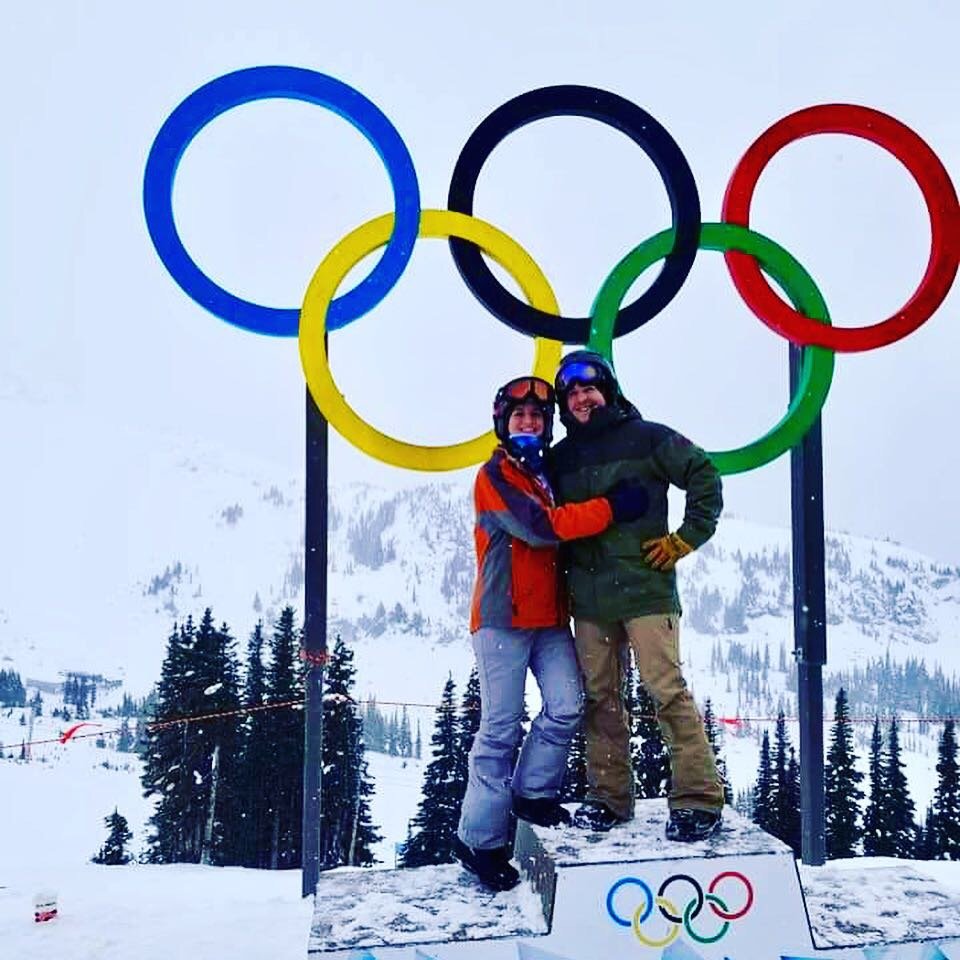The Problem with Authenticity
Here’s the background-
I recently committed to focusing on authenticity as the core value to honor as I enter 2022. I have embarked on many new endeavors, stepping outside my comfort zone.
I spent the latter half of 2021 building a wellness program and then put a full stop to it because the concept of wellness was bothering me. I needed time to explore how I wanted to present this information, given my opinions about toxic wellness. This pause initially left me feeling a bit directionless and led me to try to fit into a mold someone else created.
I stopped doing the unfamiliar or uncomfortable, but it didn’t feel right.
Then, I explored what it means to be authentic. I asked myself:
What if authenticity is just a buzzword? Something has caught on and misled people to seek some unattainable ideal or unhelpful characteristic.
Interestingly enough, my investigation led me to consider another side of authenticity. This new perspective challenged me and excited me. It also further confirmed my inextricable connection with creativity.
5 Concerns with Authenticity
Lack of Criticism
Authenticity is rarely criticized because who wants to argue that “true to yourself” or “real” are undesirable qualities? The concern here isn’t that authenticity is problematic, simple that we rarely, if ever, see or hear that is are problems with this characteristic. As a result, we tend to accept that authenticity is admirable and should be sought after.
You Cannot be ‘True to your current self” and Grow.
If we want to better ourselves, to grow in a new way, making lasting change, we are, in fact, trying to be something or someone we are not. This push to remain authentic limits our ability to step outside of our comfort zone and develop new identities.
Arrogant or Authentic
Authenticity without consideration for others starts to look like narcissism. Being true to your wants and needs while neglecting your environment, your community, the beliefs of others isn’t a form of self-care. It is selfish.
Fearless Authenticity is a Privilege
There are fewer cultural, traditional, professional, even legal implications for white people being authentically themselves. Some people actively avoid authenticity to be accepted by society, get accepted into college, get a job, make others [read: white people] feel comfortable, and stay alive. The concept of authenticity is a multicultural and social justice issue. Let’s start that conversation because it is a concern.
Defining Authenticity
Authenticity is often understood as a concept about being true to yourself. The origins of the term authentic translate to original or genuine and relate to how you prove artwork belongs to an artist- how artwork is authenticated. Authenticity isn’t about the artist. It is about the art, which isn’t complete without the artist. Authenticity, then, isn’t just about you. It is about what you create to share with others, just as the artist shares their work with the world. This mindset shift may be subtle, but it is impactful.
My fun-loving husband, who prefers falling off cliffs to safely drinking a cold beer by a warm fire, convinced me to do the uncomfortable and unfamiliar and start snowboarding. I was not “authentically” a snowboarder when I started.



